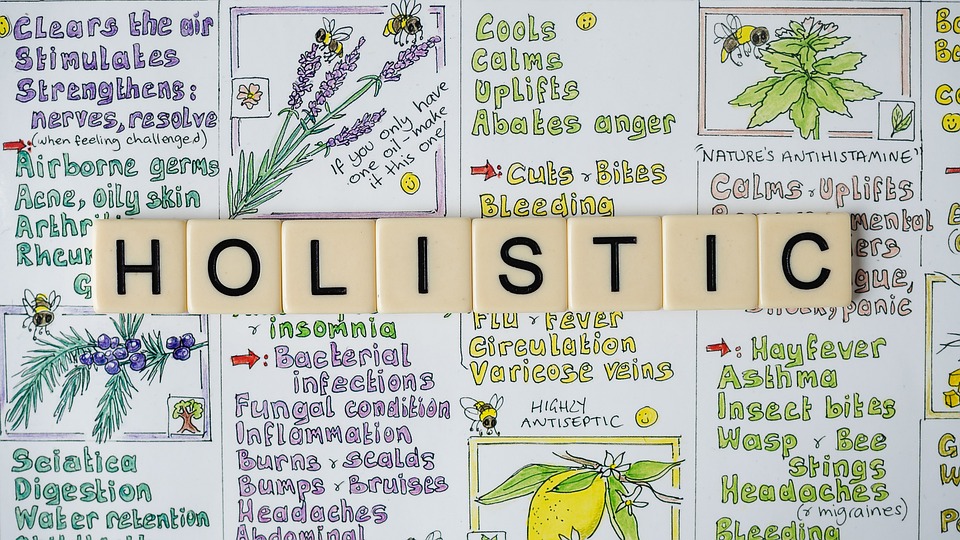The Concept of Holistic Health
Holistic health is an approach to wellbeing that emphasizes the interconnectedness of the mind, body, and spirit. It acknowledges that each individual is a whole entity, and to achieve optimal health, all aspects must be addressed.
The Importance of Holistic Health
In our modern, fast-paced lives, it is easy to neglect certain areas of our health. Holistic health plays a vital role in reminding us that we must view our physical, mental, and emotional wellness as one complete entity. When we neglect one aspect, it can negatively impact the others, leading to overall imbalances and diminished quality of life.
Key Principles of Holistic Health
1. Mind-Body Connection
The mind and body are not separate entities but are deeply interconnected. Understanding and nurturing this connection is a cornerstone of holistic health. Practices such as mindfulness meditation, yoga, and cognitive-behavioral therapy help strengthen this connection and promote overall wellbeing.
2. Prevention over Treatment
Holistic health focuses on prevention rather than just treating symptoms. By adopting healthy habits, such as a nutritious diet, regular exercise, and stress management techniques, individuals can reduce the risk of developing various health conditions.
3. Personal Responsibility
Individuals are encouraged to take an active role in their own health, accepting responsibility for their lifestyle choices and self-care. This includes making informed decisions about their diet, physical activity, and mental-emotional wellbeing.
4. Balance and Harmony
Achieving balance and harmony among all aspects of life is essential for holistic health. This involves finding equilibrium between work and personal life, managing stress levels, and nurturing social connections and healthy relationships.
Approaches to Holistic Health
1. Nutrition
Good nutrition is foundational to holistic health. A balanced diet rich in whole foods, including fruits, vegetables, whole grains, lean proteins, and healthy fats, provides essential nutrients for optimal physical and mental wellbeing. Consulting with a registered dietitian can help design a personalized nutrition plan.
2. Physical Activity
Regular exercise strengthens the body, enhances cardiovascular health, supports weight management, and improves mood and mental clarity. Engaging in activities like brisk walking, running, swimming, or dancing for at least 30 minutes a day, five days a week, is recommended for overall wellbeing.
3. Mental and Emotional Wellbeing
Managing stress, practicing self-care, and seeking emotional support when needed are crucial aspects of holistic health. These can be achieved through techniques such as meditation, journaling, therapy, or participating in hobbies and activities that bring joy and relaxation.
4. Alternative and Complementary Therapies
Various alternative and complementary therapies can support holistic health. Examples include acupuncture, chiropractic care, herbal medicine, naturopathy, and aromatherapy. These practices aim to restore balance and promote self-healing to enhance overall wellbeing.
The Benefits of Holistic Health
By adopting a holistic health approach, individuals have the opportunity to experience numerous benefits:
- Increased energy levels
- Improved physical fitness
- Enhanced mental clarity and focus
- Reduced stress and anxiety levels
- Better sleep quality
- Boosted immune system
- Improved relationships and social connections
- Enhanced overall life satisfaction and wellbeing
In Conclusion
Understanding holistic health is recognizing the importance of treating the body, mind, and spirit as interconnected components of wellbeing. By embracing a holistic approach, individuals can improve their overall quality of life, find balance, and promote sustained health and happiness.




